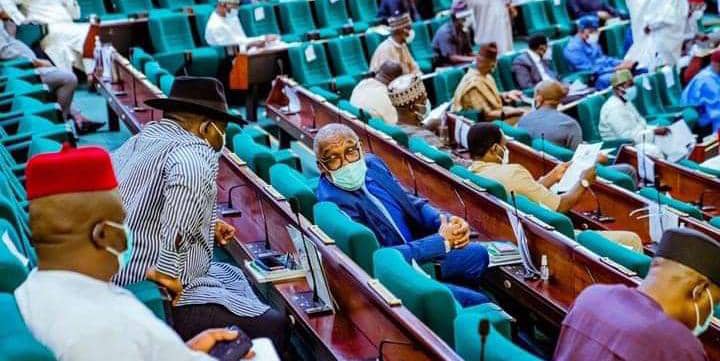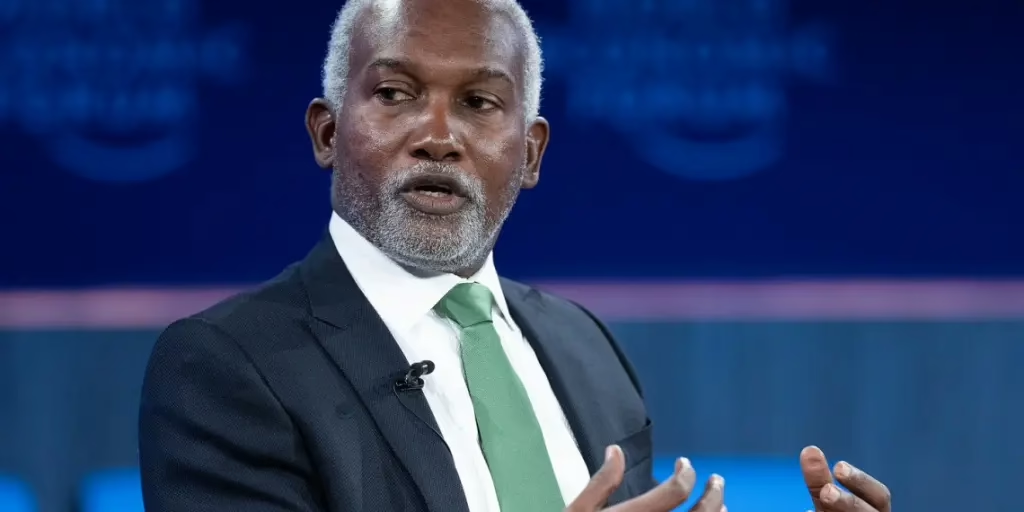By Miracle Ogunde
With the hardship faced by Nigerians due to the high cost of living caused by rising inflation, the House of Representatives has made a case for Nigerian workers to be paid living wages by the government.
The House equally ordered its Committee on Labour and Employment, Finance and National Planning to work out modalities for the payment of living wages to Nigerian workers at rates commensurate with economic realities.
The resolution was made on Wednesday, following a motion sponsored by the Minority Leader, Kingsley China, and 37 other members.
The green chamber also resolved to transmit the resolution to the Senate for concurrence.
Moving the motion on behalf of the sponsors, Deputy Minority Leader of the House, Aliyu Sani Madaki (NNPP, Kano) stressed that the rising rate of inflation in the country has made it difficult for average Nigerians to afford basic needs such as food, water, housing, education, healthcare, transportation, and clothing.
Madaki, pointed out that the rising inflation rate in the country has also hurt the cost of living, with the cost of food, accommodation, education, and transportation skyrocketing.
According to him, Nigeria is a signatory to the United Nations Universal Declaration of Human Rights, and Article 23 of the Declaration states that “every individual who works has the right to just and favourable remuneration to ensure such a person and his or her family exist in dignity.”
He emphasized that the Sustainable Development Goals (SDGs) have a 2030 achievement deadline, and eight out of the 17 SDGs of the United Nations require the payment of a living wage to be achieved.
He said that the minimum wage (in Nigeria) was increased by the president recently, but the purchasing power is low owing to the continued rise in the cost of living in the country and the fall of the Naira.
He stressed that Trade Economics in 2018 reported the living wage for an individual Nigerian and a Nigerian family to be N43,200 per month and N137,600 per month, respectively. This is a pre-subsidy removal report.
He maintained that presently, no labourer can live in Nigeria with a wage of less than one hundred thousand Naira (N 100,000.00), while expression concerned that according to the World Bank report, low purchasing power in the country occasioned by a high inflation rate, has led to an increase in poverty across the country.
Recall that the Federal Government recently set up a tripartite committee made up of persons drawn from the executive, organized Labour, state government and the organized private sector to negotiate the minimum wage.











Leave a Reply